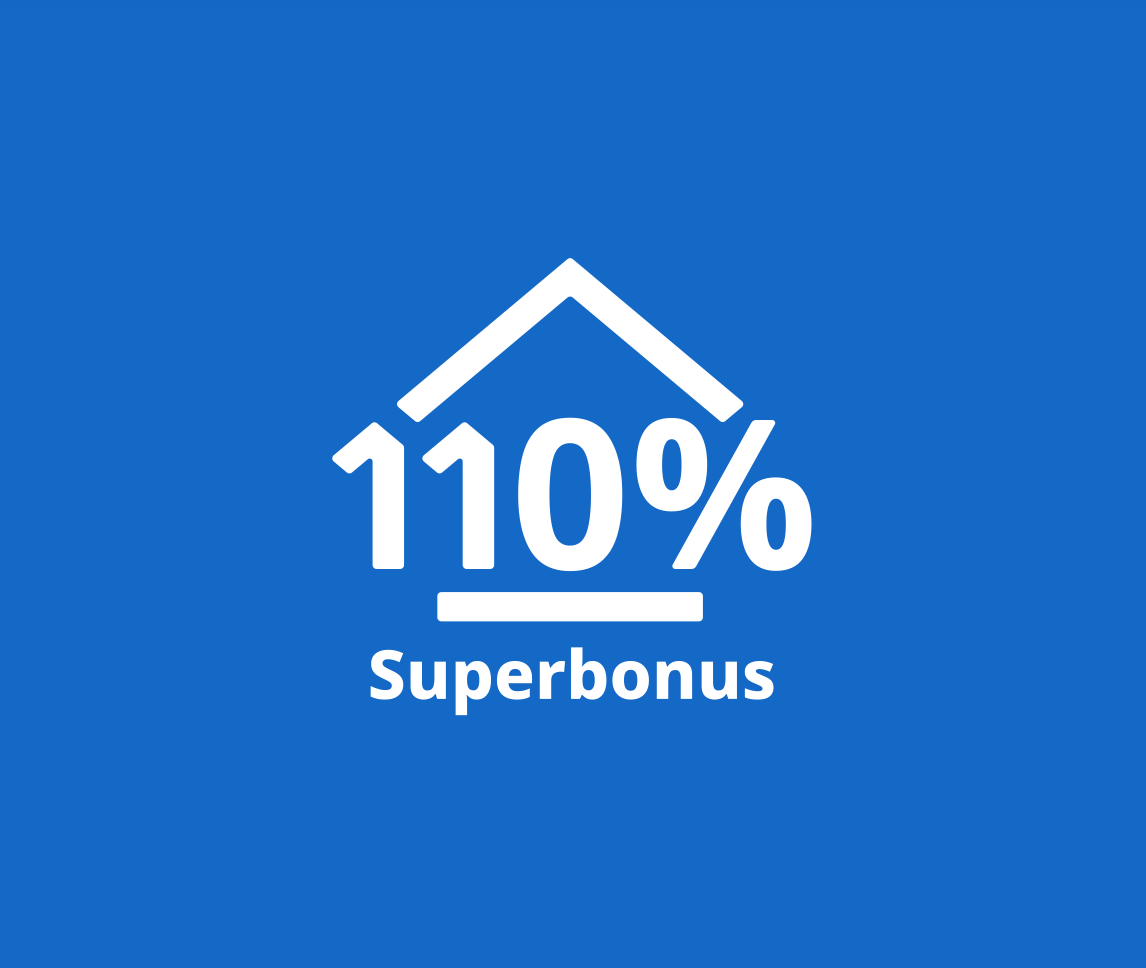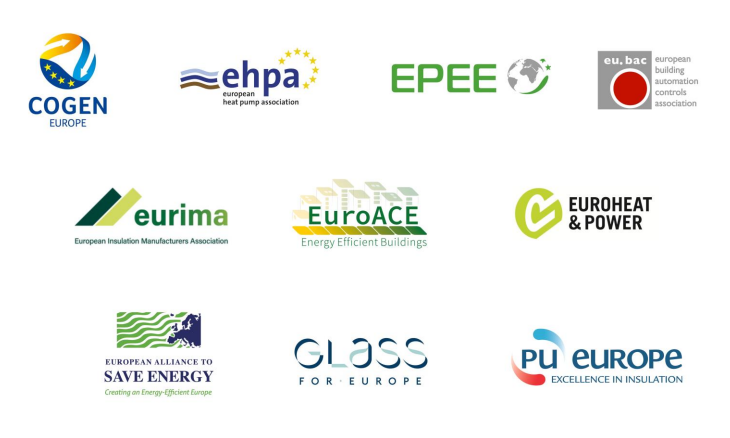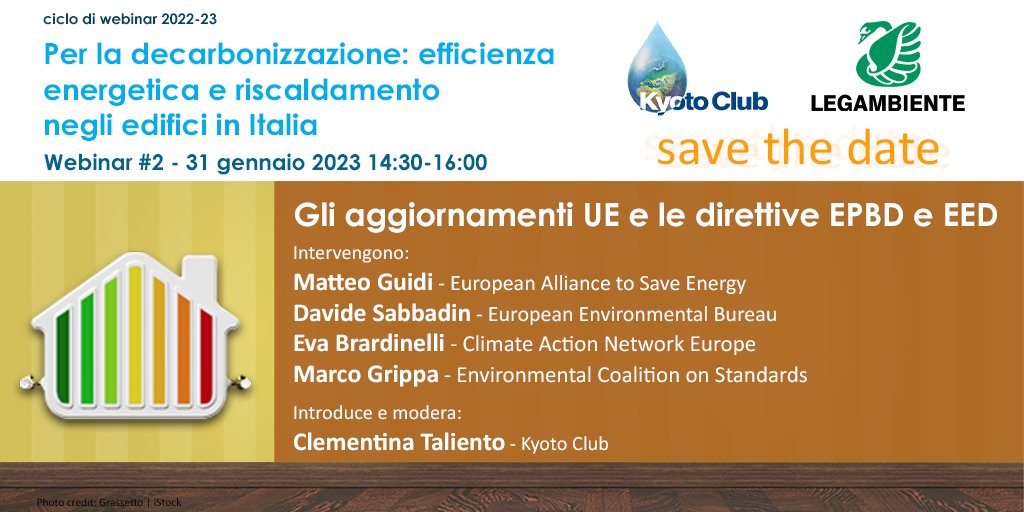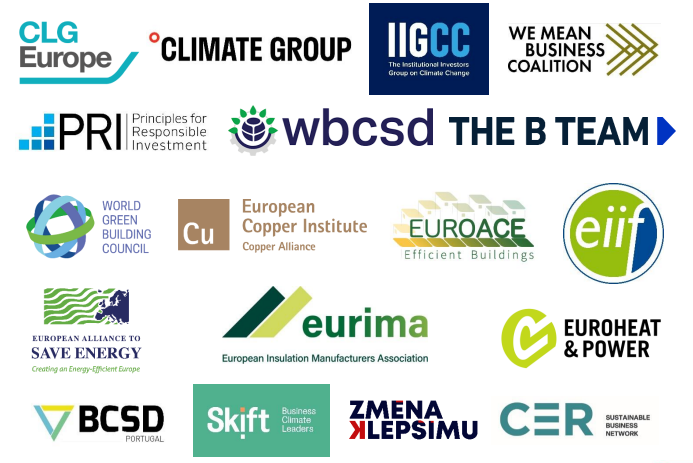After difficult negotiations, ITRE MEPs adopted compromise only partially improves the Commission’s proposal, despite multiple calls for higher ambition from businesses and civil society groups. Much more should be done to address the climate and energy crisis.
Brussels, 9 February 2023 – Today the Members of the European Parliament’s Industry, Energy and Research (ITRE) committee adopted their position on the recast of the Energy Performance of Buildings Directive (EPBD), a crucial piece of the Fit for 55 package.
Among the positive elements, the compromise confirms and strengthens the introduction of Minimum Energy Performance Standards (MEPS) for buildings. Compared to the Commission’s proposal, it mandates renovations aimed at reaching the Energy Performance Certificate (EPC) classes E and D (instead of F and E) within the given timelines (2030 and 2033 for residential buildings respectively).
However, the report introduces a disappointing derogation, providing Member States with the option of delaying the renovation of up to 22% of their most inefficient residential buildings and public social housing until January 2037.
For new buildings, MEPs anticipated the timeline for all new buildings to be Zero-Emission Buildings, starting from those occupied, operated or owned by public authorities, by January 2026.
Member states are requested to phase out the use of fossil fuels for heating in buildings, with a ban on financial incentives for fossil fuel boilers from 1 January 2024. At the same time, the Parliament added an exemption for hybrid heating systems which could undermine such a ban.
Monica Frassoni, President of the European Alliance to Save Energy (EU-ASE), said:
“Making our building stock energy efficient and renewables-powered is the right way to go to reduce our dependence on fossil fuels as soon as possible. The adoption of the report by MEP Ciaran Cuffe is an important step for Europe’s climate action. However, the compromise is not as ambitious as required by the challenge ahead; as a consequence, channelling adequate resources and investments could prove more difficult. Despite this, we encourage the Parliament to confirm its commitment ahead of the plenary vote and to show leadership in view of the negotiations with the Council.”
The ongoing energy crisis has shown the importance of initiating a massive renovation wave of Europe’s buildings to reduce consumers’ energy bills, alleviate energy poverty and decrease the EU’s dependence on fossil fuel imports while contributing to reaching its climate goals by 2030 and 2050.
The EPBD is a crucial element to make the EU building stock efficient, sustainable and healthy. From a socio-economic perspective, an ambitious EPBD is a driver for sustainable growth and job creation in the construction sector, one of the most dynamic of our economy.
Read the full press release here.
Media contact:
Luigi Petito
Head of Secretariat
info@euase.eu
About us
The European Alliance to Save Energy (EU-ASE) is a cross-sectoral, business-led organisation that ensures that the voice of energy efficiency is heard across Europe. EU-ASE members have operations across the 27 Member States of the European Union, employ over 340.000 people in Europe and have an aggregated annual turnover of €115 billion.





